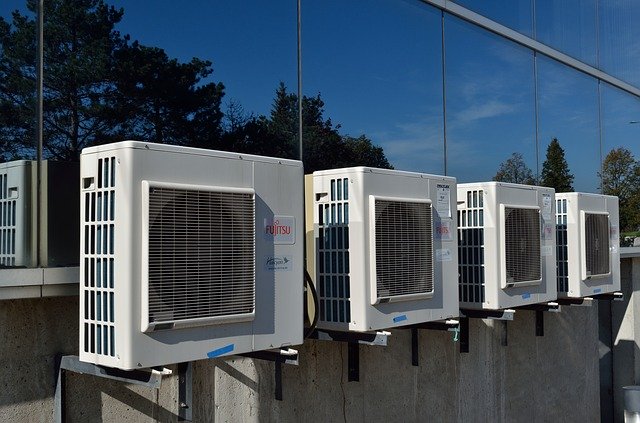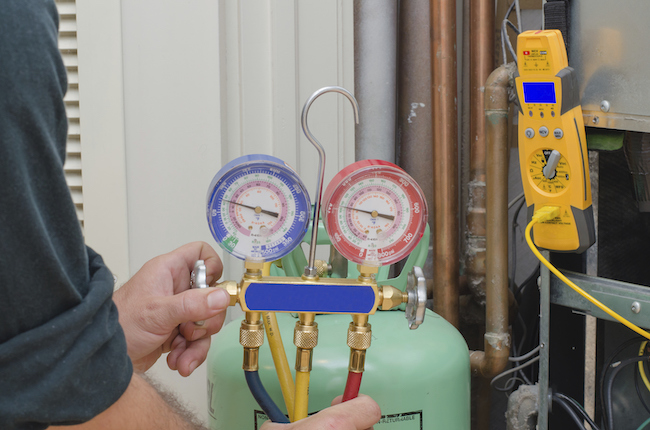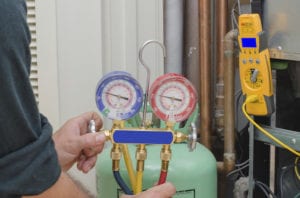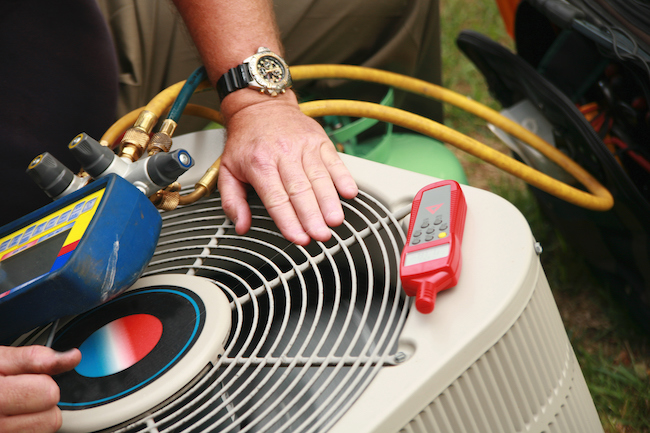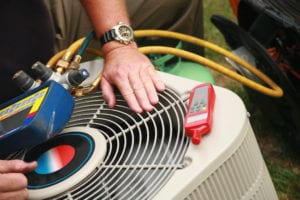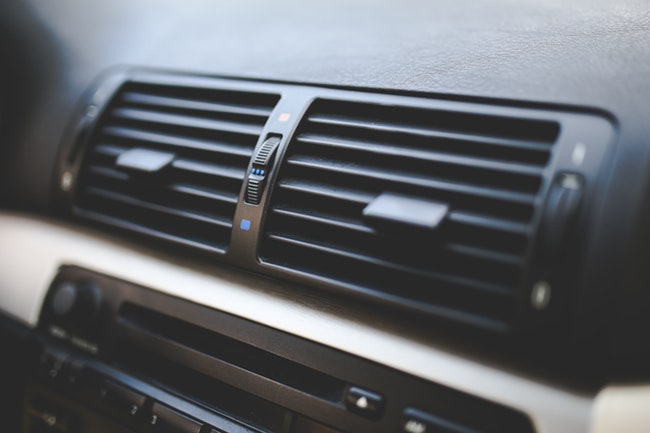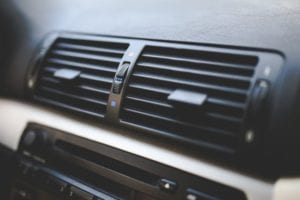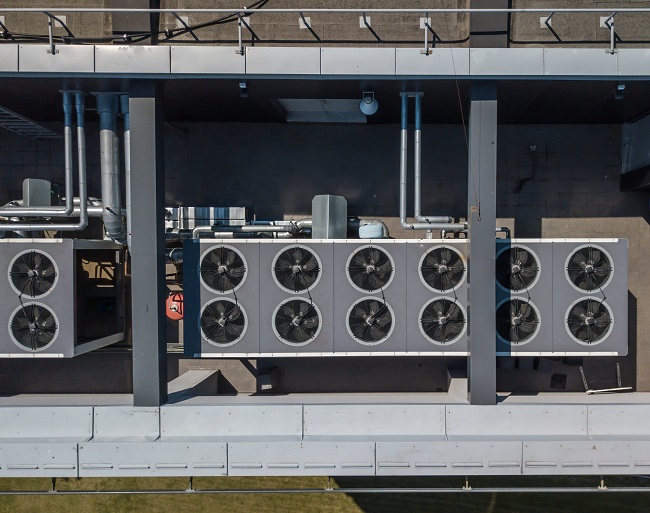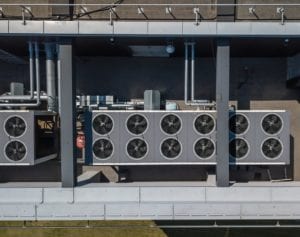Different Products for Refrigerant Leaks
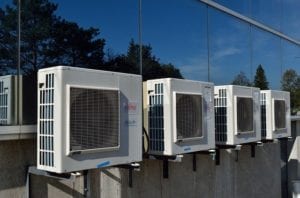
Here are a few products for refrigerant leaks offered by Cool Air Products that can help you at every step of the repair process.
When it comes to HVAC repair and maintenance, no tool can act as a substitute for knowledge and experience. However, once you know what to look for and how to make repairs, using the best possible products for refrigerant leaks can go a long way in terms of making repairs that last. At Cool Air Products, we offer a wide range of products for refrigerant leaks that tackle every stage of a repair; from detecting and sealing pinholes to neutralizing acid and cleaning up afterward, Cool Air Products can help every step of the way. Here are some of the best products for refrigerant leaks offered by Cool Air Products.

